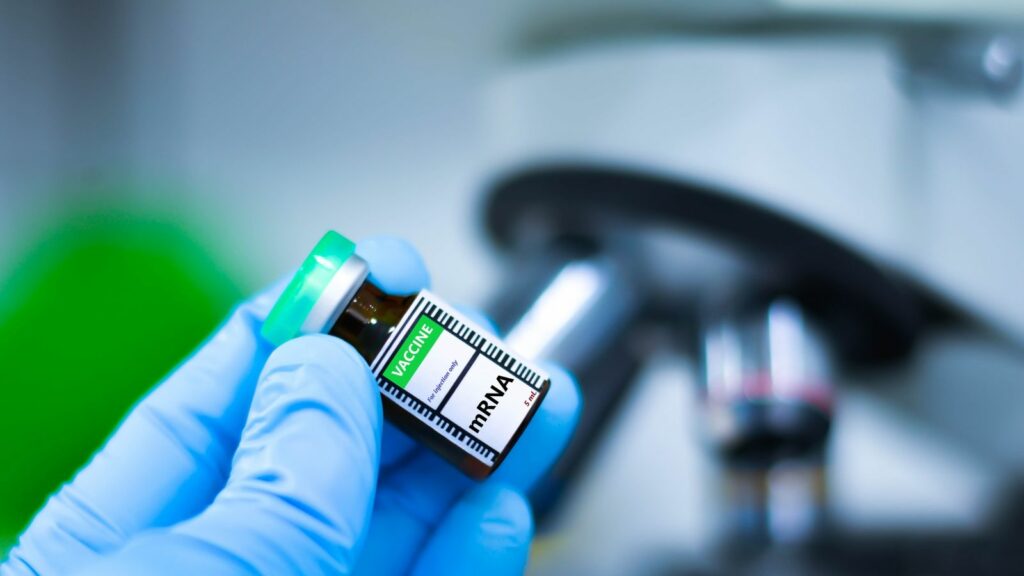Inventions that shape how we live rarely announce themselves with fireworks. Many quietly integrate into daily routines until life without them feels impractical. Canadian innovators have contributed significantly to this global landscape, pushing the boundaries in medicine, technology, transportation, sustainability, and even how we communicate. Here are 23 Canadian innovations that are changing everyday life.
mRNA Vaccine Technology
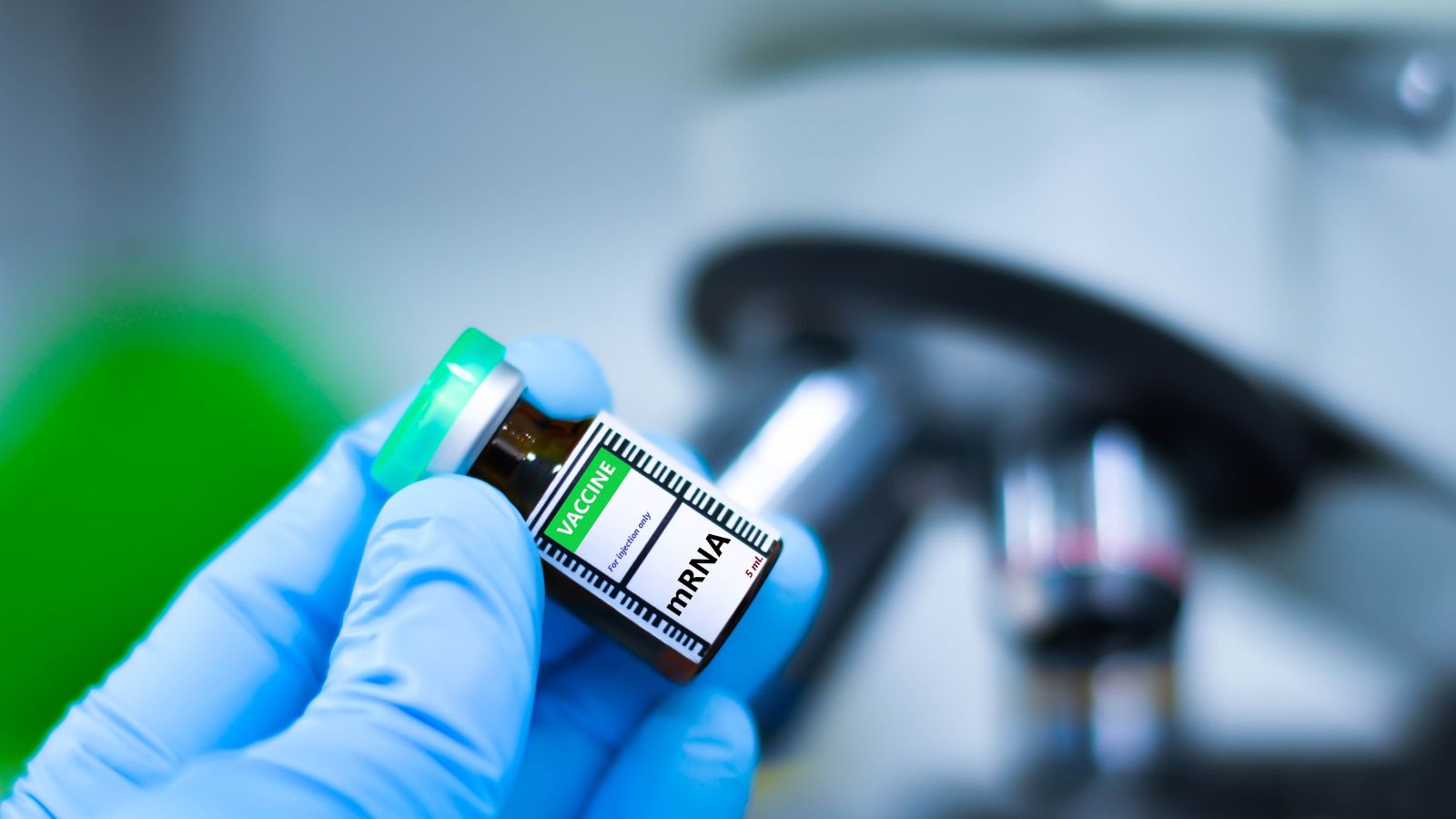
Long before it became mainstream during the COVID-19 pandemic, University of British Columbia scientist Dr. Pieter Cullis was instrumental in developing the lipid nanoparticle delivery system used in mRNA vaccines. This delivery method allows fragile mRNA strands to reach human cells safely and effectively, which was crucial to the Pfizer-BioNTech and Moderna vaccines. The impact of this work extends beyond COVID, opening doors for future treatments for cancer, HIV, and other viruses. The technology represents a major leap in how therapies can be targeted and delivered.
The Neurochip Brain-Computer Interface
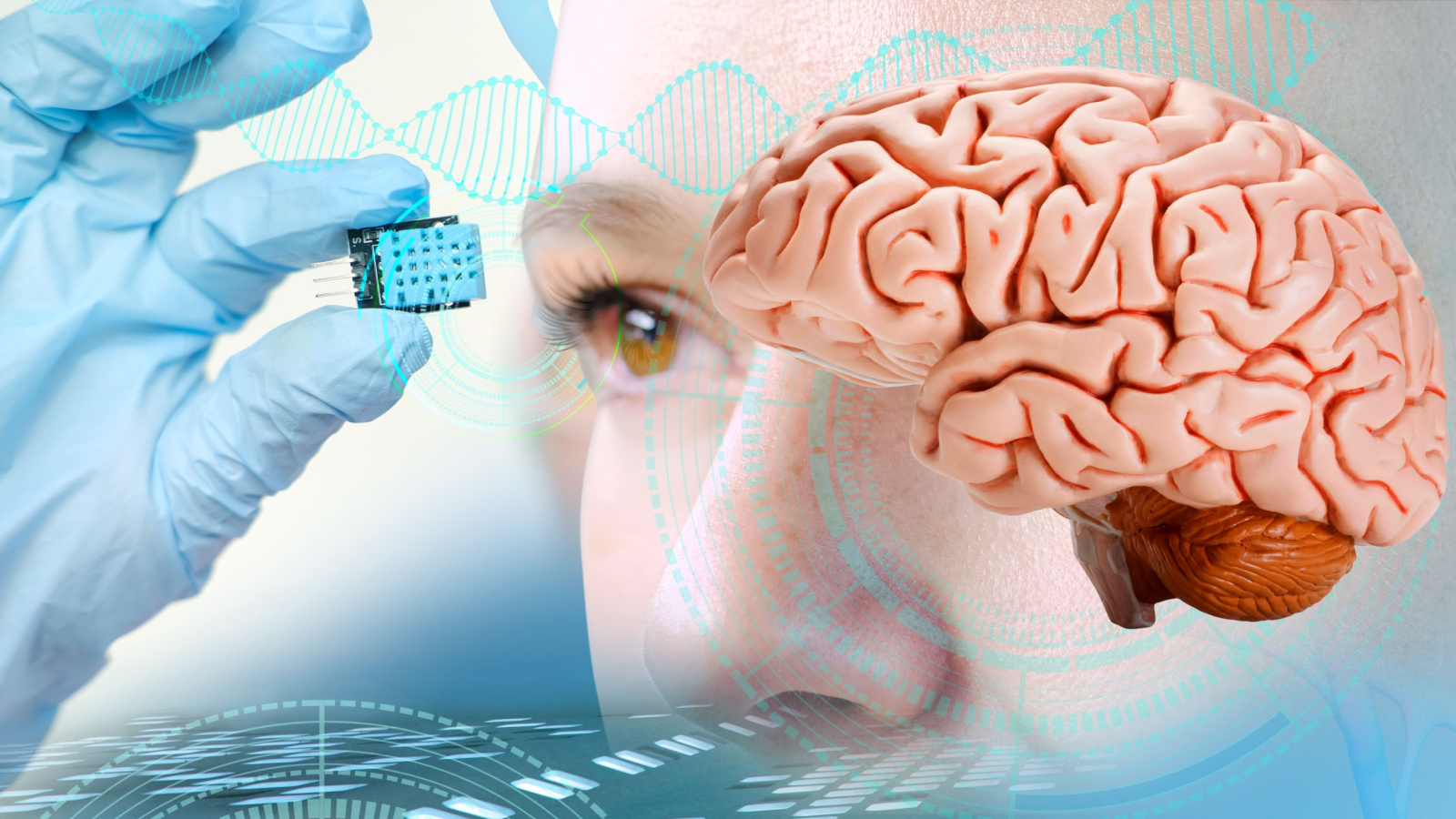
The Neurochip, developed at the University of British Columbia in collaboration with researchers across the country, allows real-time communication between the brain and external devices. Initially designed to monitor brain activity in animals, it evolved into a platform for exploring how neural implants could assist people with paralysis or neurological conditions. The innovation lies in its compact design and wireless capacity, reducing the risk of infection or movement restriction. It has helped pave the way for advanced neuroprosthetics, offering promise for restoring lost mobility or even enabling thought-controlled computing interfaces in the not-so-distant future.
Carbon Engineering’s Direct Air Capture
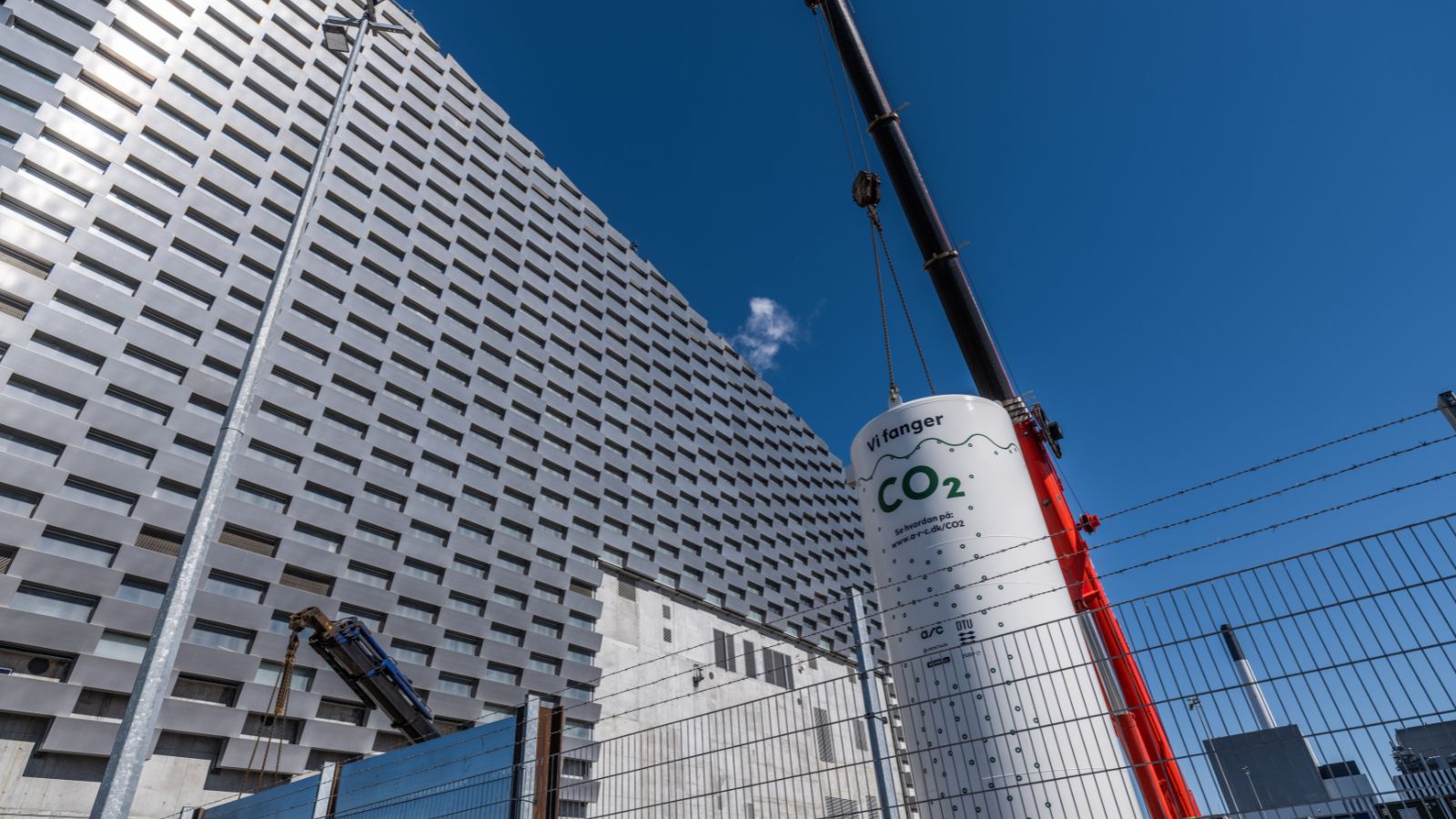
At a time when cutting carbon emissions isn’t enough, Carbon Engineering, based in Squamish, British Columbia, has developed a system that pulls carbon dioxide directly from the air. Using chemical reactions to capture and concentrate CO2, their technology allows it to be stored underground or reused as clean fuel. What sets this apart is its scalability and cost-efficiency. The company’s partnership with major energy players aims to bring this to global markets. While the technology won’t solve climate change alone, it’s a practical tool to reverse emissions while other industries transition to greener methods.
D-Wave Quantum Computers

D-Wave, headquartered in Burnaby, British Columbia, is one of the pioneers in quantum computing. Unlike traditional systems that process data in binary, D-Wave’s quantum computers use qubits, enabling them to process complex problems exponentially faster. Their early focus on quantum annealing has found practical use in logistics, financial modeling, and even drug discovery. While still in the developmental stage compared to classical systems, D-Wave has already sold systems to organizations like NASA and Google.
Medicago’s Plant-Based Vaccines

Using tobacco plants to grow virus-like particles, Quebec-based Medicago has pioneered a vaccine manufacturing process that bypasses the need for live virus cultures. This approach dramatically reduces production time and can be easily scaled. The method also eliminates animal-based components, offering a more ethical and potentially safer vaccine model. It gained significant attention during COVID-19, although regulatory and business hurdles slowed deployment. Regardless, the innovation holds potential for future pandemics or influenza strains. Plant-based biopharma manufacturing could become a vital alternative in global vaccine production.
Kobo E-Reader Ecosystem

In a digital publishing world dominated by U.S. giants, Kobo, headquartered in Toronto, has offered a global e-reading platform that respects reader privacy and supports independent bookstores. It was among the first to create a flexible, open-source ePub ecosystem. Kobo devices and apps allow syncing across multiple platforms, and their international success, especially in Europe and Asia, highlights the importance of consumer-centric design. By focusing on accessibility, multilingual support, and a wide content range, Kobo has earned a place in homes and backpacks worldwide, especially among those who want an alternative to closed ecosystems.
Nanoleaf Smart Lighting
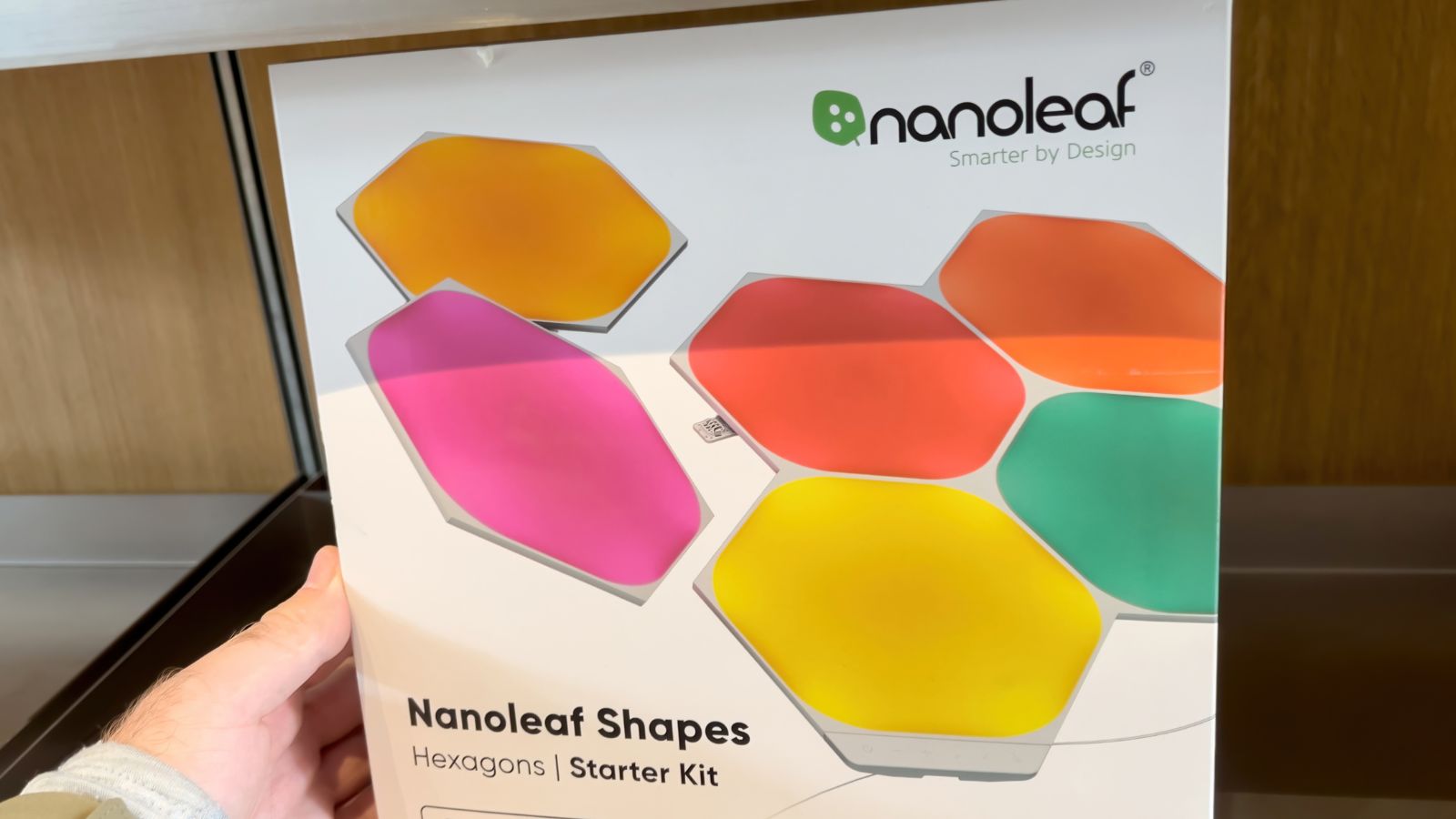
Toronto-based Nanoleaf has reinvented home lighting by merging energy efficiency with modular, interactive design. Their LED light panels can react to music, voice commands, or app-based controls, turning basic lighting into a customizable experience. With a strong sustainability focus, their products use low-energy materials and are manufactured to reduce electronic waste. What began as a crowdfunding project has expanded into a leading global smart lighting brand. The blend of aesthetics, tech, and eco-consciousness illustrates how innovation doesn’t always need to be high science; sometimes it’s about improving the ordinary, in style.
Canola Oil Genetic Engineering

Originally developed through traditional plant breeding in the 1970s by Canadian agricultural scientists, canola has continued to evolve through advanced genetic modification. Modern iterations have increased yields, improved disease resistance, and reduced saturated fat content. Its global popularity in both home kitchens and food manufacturing highlights how a humble innovation can scale to dominate markets. While debates about GMOs continue, the science behind canola has made a significant contribution to food security and agricultural sustainability. Continuous research ensures this oilseed remains economically viable and health-conscious.
STEMCELL Technologies’ Research Tools

Based in Vancouver, STEMCELL Technologies supplies specialized tools for cell biology research, including stem cell culture media, reagents, and instruments used in labs around the world. By catering specifically to academic and biotech researchers, the company has enabled faster and more accurate experimental results in fields like cancer immunotherapy and regenerative medicine. Their focus on reproducibility and scientific integrity sets them apart in a competitive sector. As more countries invest in biomedical research, STEMCELL’s products support essential discoveries and practical applications that affect diagnostics and therapies.
Shopify’s E-Commerce Infrastructure

What started as a platform for a snowboard shop in Ottawa has grown into one of the most influential e-commerce systems globally. Shopify offers scalable infrastructure for small and large businesses to set up and run online stores, handling everything from payments to logistics. Its user-friendly design, combined with extensive plug-ins and analytics, makes it ideal for entrepreneurs. During the pandemic, when brick-and-mortar businesses had to pivot online rapidly, Shopify proved indispensable. The platform continues to innovate with AR shopping experiences and AI-driven tools, reinforcing digital entrepreneurship around the world.
Ecobee Smart Thermostats
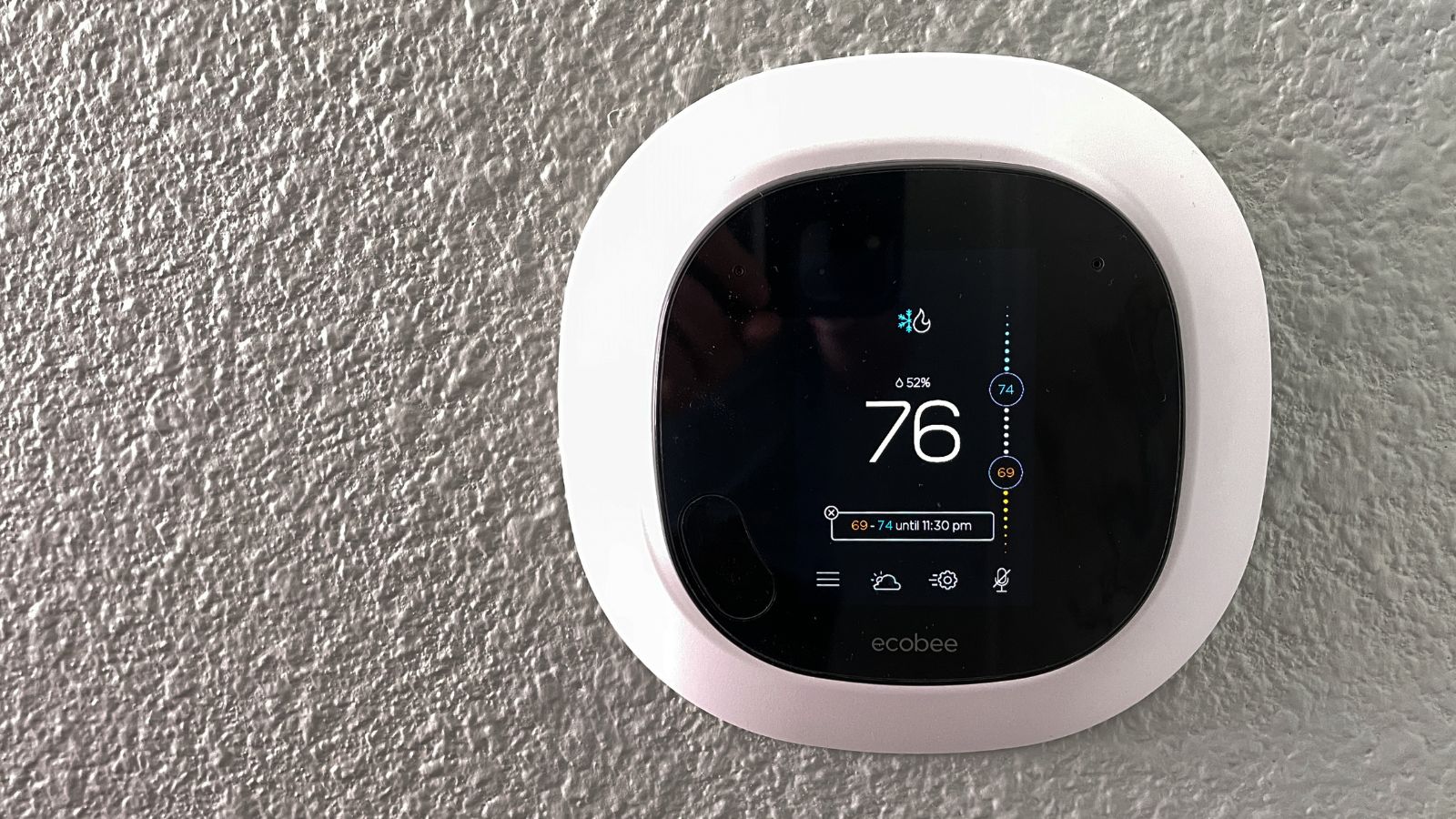
Before smart home tech was mainstream, Ecobee launched one of the first Wi-Fi-enabled thermostats in Toronto. Their devices allow users to control home heating and cooling remotely, optimize energy use, and reduce utility bills. Unlike basic programmable thermostats, Ecobee products learn user habits and adjust accordingly. Integration with smart assistants like Alexa and Apple HomeKit makes it highly compatible with connected homes. The company’s commitment to energy savings also translates to environmental benefits, which have made it popular among eco-conscious households. It’s a small device with a big impact.
Terramera’s Biopesticide Innovations

Vancouver-based Terramera uses artificial intelligence and molecular science to create natural alternatives to synthetic pesticides. By targeting specific biological pathways, their biopesticides reduce environmental harm and help maintain soil health. The company’s proprietary technology, Actigate, improves the effectiveness of active ingredients in pest control, reducing the quantity needed for similar results. This approach supports more sustainable farming, reduces toxic runoff, and aligns with shifting consumer preferences toward organic produce. As agriculture faces rising challenges from climate change and chemical overuse, Terramera offers a science-based path forward.
NuraLogix’s Contactless Health Monitoring
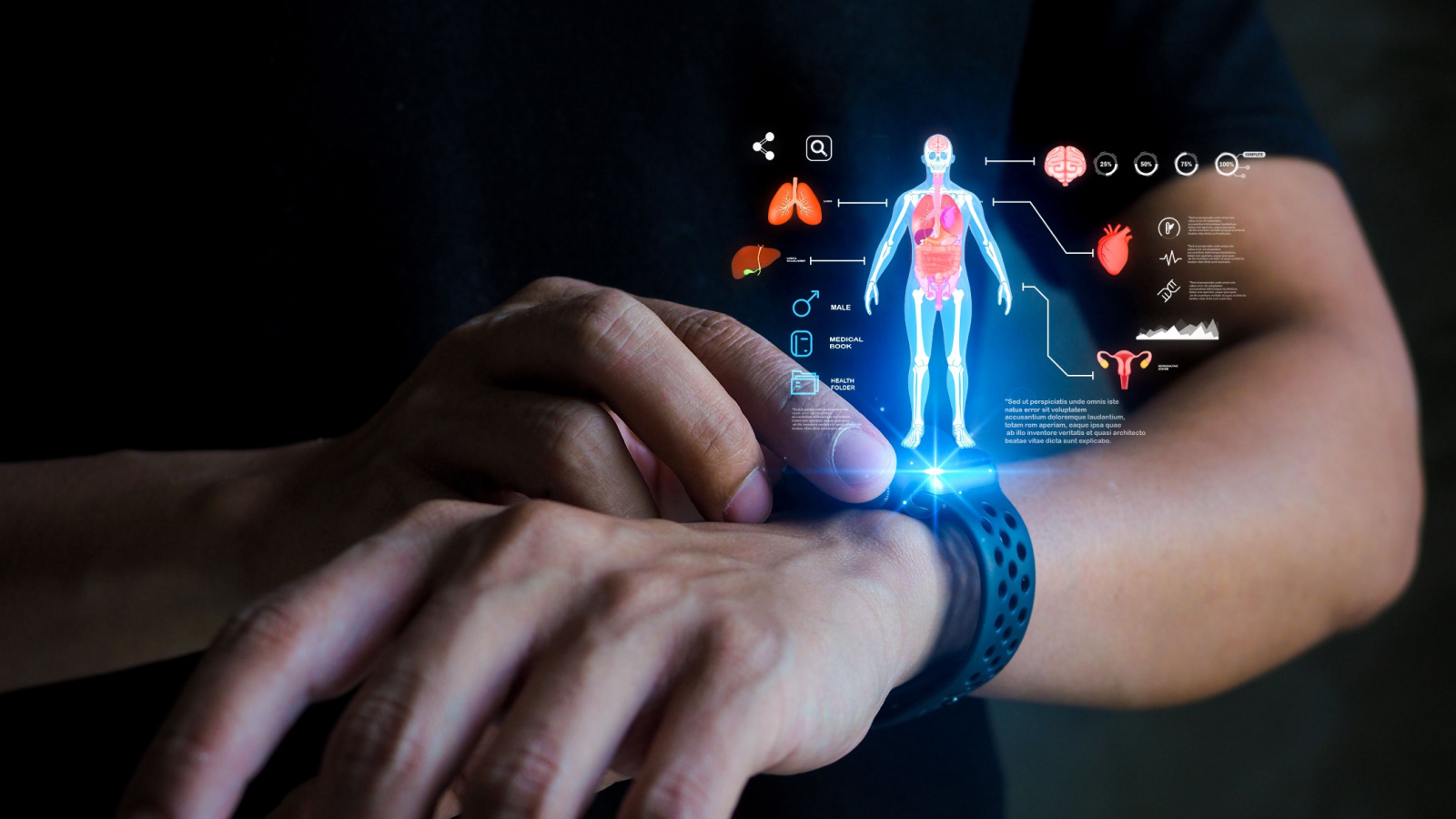
NuraLogix, a Toronto-based company, has developed a system that reads vital signs using only a smartphone or webcam. Through Transdermal Optical Imaging (TOI), it analyzes facial blood flow patterns to assess heart rate, stress, blood pressure, and even risk factors for chronic conditions. The technology has been validated in multiple peer-reviewed studies and could revolutionize telemedicine and routine checkups. It also offers a non-invasive and accessible way to monitor health in real time, which is especially valuable for remote or underserved populations. It’s health tech that fits in your pocket.
Flash Forest Aerial Reforestation

Using drones to plant trees may sound futuristic, but Flash Forest has made it a present-day solution. The startup deploys aerial vehicles equipped with seed pods and mapping software to replant deforested areas quickly and efficiently. This method can cover challenging terrains faster than human crews and with fewer resources. Each drone run is data-driven, optimizing species placement for better survival rates. The project addresses reforestation with a mix of automation and ecology, combining speed with sustainability. It reflects how tech can be harnessed for long-term planetary health.
Deep Genomics AI Drug Discovery
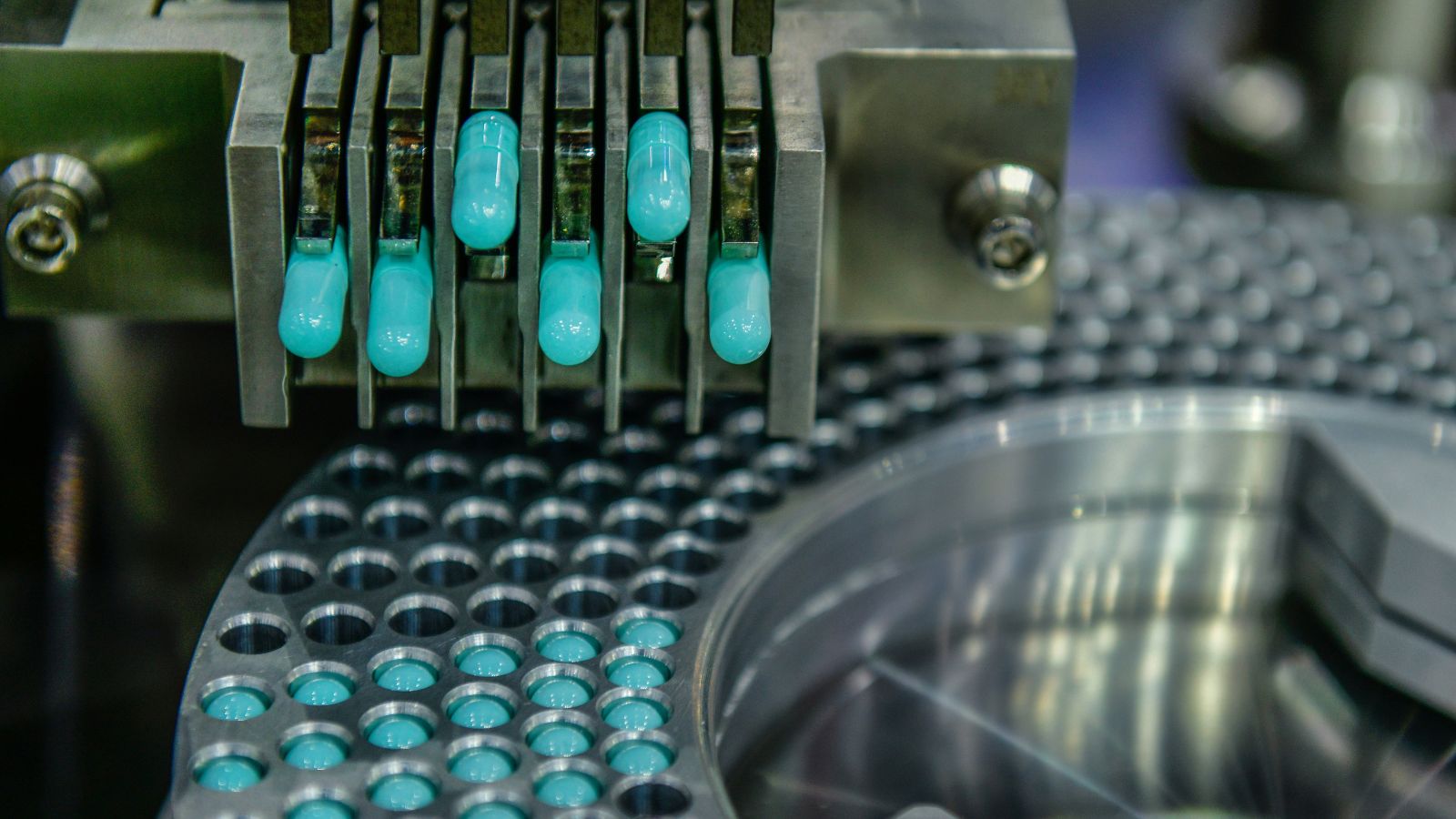
AI and genomics converge in Toronto-based Deep Genomics, a company using machine learning to predict how genetic mutations affect human biology. Their platform can identify potential drug targets more accurately and quickly than traditional methods. This speeds up development timelines and reduces the likelihood of failure in clinical trials. They’ve already entered partnerships with pharmaceutical companies and launched programs for rare genetic conditions. The system not only improves efficiency but also expands the kinds of disorders that can be feasibly studied and treated. Precision medicine gets a boost from predictive modeling.
CarbonCure Concrete Technology

Halifax-based CarbonCure injects recycled CO2 into concrete during mixing, where it becomes mineralized and permanently embedded. This strengthens the material while reducing the carbon footprint of one of the most emissions-heavy industries. The method doesn’t require significant infrastructure changes, making it easy for existing producers to adopt. The technology has been used in buildings across North America, and its environmental benefits are backed by lifecycle analysis. In a world seeking scalable green solutions, decarbonized concrete offers tangible results without sacrificing performance or cost-effectiveness.
eSight Wearable Vision Technology

Developed in Toronto, eSight is a wearable device that enhances vision for people with legal blindness. It uses a high-speed camera, algorithms, and OLED displays to present real-time images in a way that maximizes the user’s remaining eyesight. Unlike traditional magnifiers, eSight allows for full mobility and a hands-free experience. Users have reported improvements in reading, facial recognition, and navigating environments independently. The technology represents a significant advancement in assistive devices, empowering users rather than compensating for disability. Its adoption continues to grow among low-vision communities worldwide.
Certn Background Checks

Victoria-based Certn streamlines the background check process using AI and global databases. Employers can verify identities, criminal records, and financial history in minutes rather than days. The platform is particularly beneficial for remote hiring and gig economy roles where quick vetting is critical. By automating due diligence, Certn reduces human error and paperwork, making it both efficient and scalable. It also helps applicants by reducing waiting times and improving transparency. As work increasingly moves online, this innovation supports safer, faster, and more inclusive employment practices.
McMaster’s 3D-Printed Human Tissue

Researchers at McMaster University have developed a method for 3D-printing human tissues using bio-inks derived from natural polymers. This technology allows for customized tissue structures that mimic real human organs, useful for drug testing or, eventually, transplants. Unlike synthetic scaffolding, the bio-inks degrade naturally and support cell growth more effectively. The printed tissues have already been used in early-stage cancer research, reducing the need for animal testing. It’s a step toward more humane and precise biomedical science, with future implications in surgery and regenerative medicine.
Volta’s Mental Health Tech Platform

Halifax-based Volta Labs incubated a suite of mental health startups, but one standout is their AI-driven support platform. It provides mood tracking, digital therapy, and real-time interventions based on behavioural patterns. What differentiates it is the integration of passive data, like phone usage or voice tone, to predict mental health changes. Early detection helps users and clinicians act before crises occur. The platform respects privacy while offering a comprehensive support system that adapts to individual needs. It’s a response to rising mental health concerns using modern, mobile-first technology.
SkySensus Drone Surveillance Systems
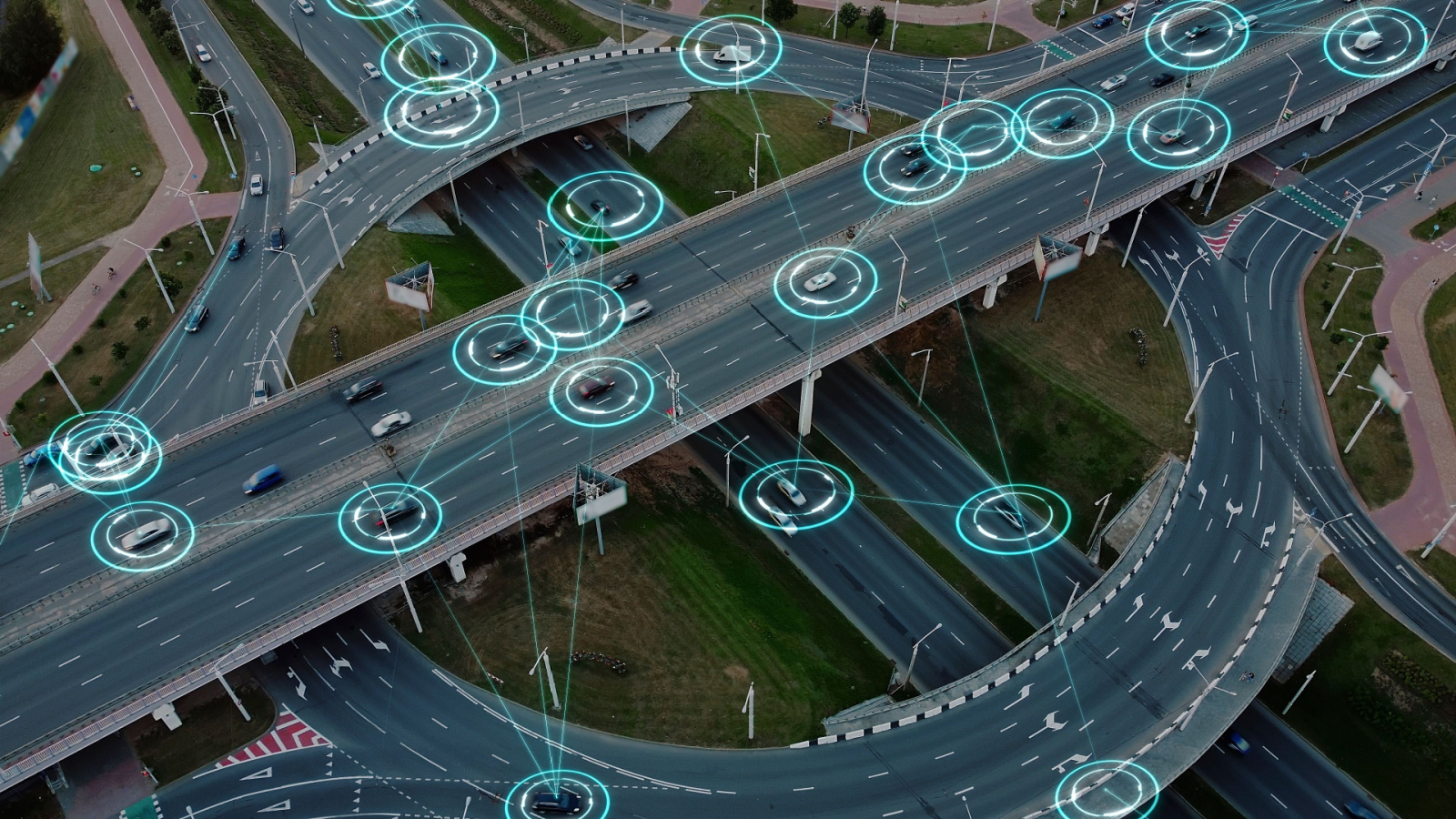
Developed in Alberta, SkySensus enhances drone-based surveillance with autonomous navigation and data analytics. Initially intended for pipeline monitoring, the system can detect leaks, assess damage, and track environmental changes. Its real-time data capabilities make it suitable for wildfire surveillance and disaster response as well. With increasing infrastructure across remote regions, automated monitoring reduces costs and human risk. It demonstrates how drone technology has evolved beyond hobbyist use into vital industrial and environmental applications.
Interaxon’s Brainwave-Sensing Headbands

Toronto’s Interaxon created Muse, a wearable headband that tracks brain activity to guide meditation and improve focus. It translates EEG signals into real-time feedback, helping users understand and refine their mental state. The device has been found in various settings, including wellness communities, therapy settings, and educational environments. Its strength lies in making complex neurofeedback accessible and user-friendly. The product exemplifies the intersection of neuroscience and consumer tech, supporting cognitive health in everyday settings.
BlueDot Infectious Disease Analytics

Before most people had even heard of COVID-19, Toronto startup BlueDot detected a viral outbreak in Wuhan using AI and big data analytics. Their platform scans global news reports, airline data, and disease networks to flag potential public health threats. It notified clients and governments days before official warnings. Several public health agencies have since adopted the system for early-warning purposes. In an era of global mobility and pandemics, predictive epidemiology is no longer optional; it’s essential. BlueDot’s innovation proves that timely information saves lives.
21 Products Canadians Should Stockpile Before Tariffs Hit

If trade tensions escalate between Canada and the U.S., everyday essentials can suddenly disappear or skyrocket in price. Products like pantry basics and tech must-haves that depend on are deeply tied to cross-border supply chains and are likely to face various kinds of disruptions
21 Products Canadians Should Stockpile Before Tariffs Hit
